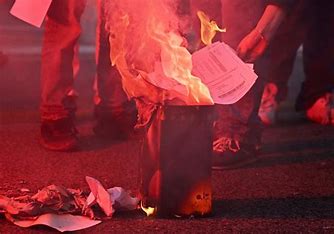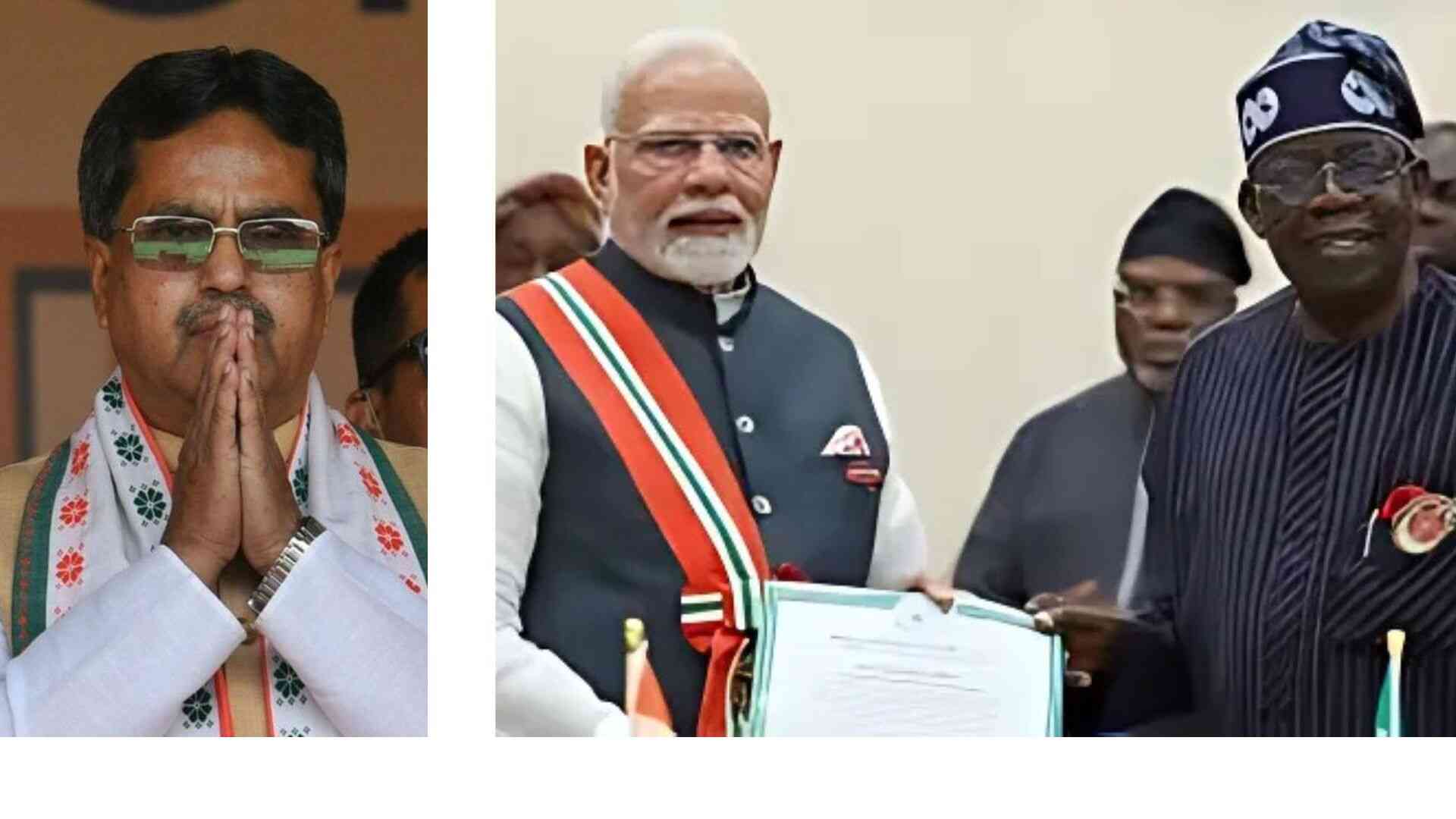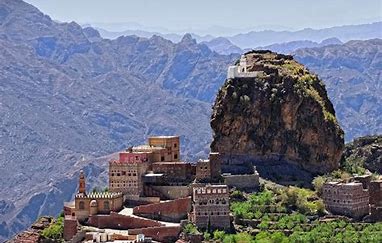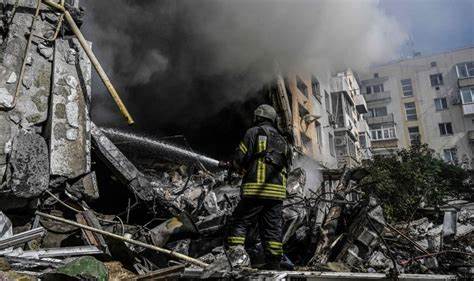
A wave of protests has swept through Pakistan-occupied Jammu and Kashmir (PoJK), with residents expressing outrage over the ongoing electricity crisis and worsening economic conditions.
The primary grievance fueling the protests is the deteriorating electricity situation. Despite the administration’s recent announcement of reduced electricity prices, locals argue that the measure is superficial. Instead of genuine relief, power outages have become more frequent and prolonged, with many areas facing low voltage and extended load shedding.
Residents have reported that these outages disrupt daily life, affecting businesses, schools, and healthcare services. For those already grappling with economic hardships, the unreliable power supply is another blow to their livelihood.
Shaukat Nawaz Mir, a prominent activist, highlighted the growing frustration:
“The public is clear in its demands. If the government continues to ignore these issues, larger and more organized protests will follow,” he warned.
The protests, spearheaded by the Jammu Kashmir Joint Awami Action Committee, have gained momentum, with citizens demanding urgent reforms.
The electricity crisis is only part of the problem. Residents of PoJK have long felt neglected by Islamabad. Despite the region’s strategic importance and natural resources, promises of economic development and improved public services have not been fulfilled.
Activists argue that the current protests reflect a deeper dissatisfaction, with demands for greater autonomy, improved governance, and better economic opportunities.
The ongoing unrest underscores the need for comprehensive reforms. Activists and residents are urging the government to address not only the power crisis but also the broader economic and social challenges facing the region. Without meaningful action, they warn, the protests will only intensify.















